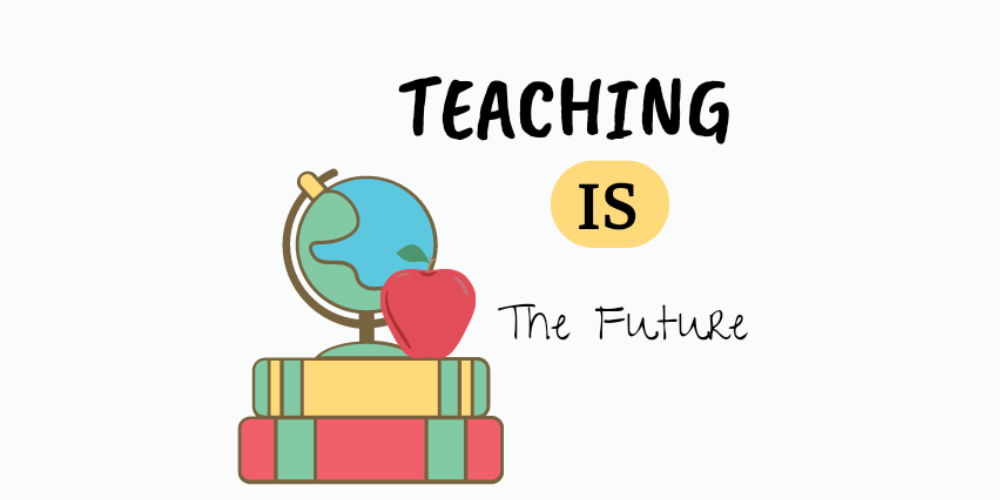Talking to Kids About 9/11: A Guide for Parents & Educators
Talking to Kids About 9/11: A Guide for Parents & Educators
I. Introduction: Why We Still Talk About 9/11 with Our Children 🎗️
Two decades have passed, yet September 11, 2001, lingers, not merely as a date, but as a fracture in the narrative of the United States, a rupture felt globally. For many of today's children, it exists not as lived experience, but as a chapter in a history book, a story recounted. This day, saturated with sorrow, also ignited extraordinary acts of valor, a potent sense of community, and a profound re-examination of our collective security. To speak of 9/11 is to offer our children a lens through which to understand the world they inherit, to witness the formidable strength born of unity, and to grasp the vital essence of resilience. It's a delicate conversation, undeniably, but one indispensable for their intellectual and emotional formation.
II. The Superpowers of 9/11 Education: Why It Matters!
A. Understanding Our World's Story 🌍
Explaining 9/11 to a child is akin to handing them a key – a key to unlock a deeper understanding of the present. It allows them to trace the lines connecting past cataclysms to contemporary realities – the heightened security protocols at airports, the complexities of global news cycles. We transform it from a "current event" etched in the memories of those who lived through it into a crucial historical study for a generation that did not. This comprehension serves as a bedrock upon which they can construct their understanding of intricate global dynamics.
B. Growing Hearts Full of Empathy & Resilience ❤️
The narrative of 9/11 isn't solely one of destruction; it's illuminated by the incandescent bravery of ordinary citizens and the unwavering dedication of first responders – firefighters charging into infernos, police officers navigating chaos, medical personnel tending to the wounded. It showcases communities coalescing to offer aid, demonstrating remarkable kindness and solidarity amidst unimaginable loss. By engaging with this history, we cultivate empathy within our children, fostering a deep understanding of the suffering endured by victims and their families. More profoundly, it imparts invaluable lessons about the indomitable spirit of humanity, our capacity to rebuild, to heal, to persevere.
C. Becoming Super Smart Thinkers & Global Citizens 🧠
Discussions surrounding 9/11 act as a crucible for critical thought. They compel children to grapple with complex events, to dissect their underlying causes, and to contemplate their sweeping ramifications. It equips them with the tools to distinguish verifiable facts from the insidious tendrils of misinformation and conspiracy theories that proliferate online. This education prepares them to engage thoughtfully with essential concepts – terrorism, tolerance, the delicate balance between civil liberties and national security, and the interconnectedness of nations in an increasingly globalized world.
III. Your Game Plan: Practical Tips for Discussing 9/11
A. Let Them Lead the Way (Age-Appropriate Chats!) 🗣️
Begin by probing their existing knowledge, gently correcting misconceptions.
Little Explorers (Ages 4-7): Employ simplicity. Focus on the concept of "helpers." "Some people did a bad thing, but many, many more good people helped. Now, we have even better ways to keep everyone safe."
Curious Minds (Ages 8-12): Introduce more detailed facts – the hijacked planes, the intended targets (the Twin Towers, the Pentagon, a field in Pennsylvania), the stories of heroism. Offer a basic, clear explanation of why it happened.
Teen Thinkers (Ages 13+): Encourage nuanced dialogue about the historical context, the global repercussions, governmental responses (like the Patriot Act or the "War on Terror"), and the ever-present tension between security measures and the preservation of civil liberties.
Above all, cultivate active listening and validate their emotions.
B. Shine a Light on the Heroes & Helpers ✨
Accentuate the extraordinary courage of first responders who consciously entered harm's way to save lives. Recount the bravery of the passengers aboard Flight 93 who resisted, preventing even greater devastation. Share accounts of ordinary individuals who extended help to strangers, embodying profound unity and compassion.
C. Be Honest, But Keep It Calm & Safe 🛡️
Present factual information without resorting to graphic or sensational details, particularly when engaging with younger audiences. Limit exposure to potentially distressing media coverage. Reassure them of their safety, emphasizing the security measures implemented to prevent recurrence. Emulate emotional composure; children often mirror the reactions of adults.
D. Tackle Tricky Topics Head-On (With Care!) 🤔
Terrorism: Explain that terrorists employ violence and fear as instruments to achieve their aims, but emphasize that terrorism is not intrinsically linked to any specific religion or group.
Islamophobia & Prejudice: Actively challenge stereotypes. Clarify that the actions of a small minority should never be construed as representative of an entire community or faith. Discuss instances of unjust treatment experienced by certain individuals after 9/11 and underscore the importance of actively combating prejudice.
Misinformation & Conspiracy Theories: Foster critical evaluation of information sources. Equip children with the skills to discern reliable facts and to challenge unsubstantiated narratives.
E. Tap into Awesome Resources! 📚
Leverage the wealth of resources offered by organizations such as the 9/11 Memorial & Museum, the Tunnel to Towers Foundation, and Scholastic Magazines. Seek out age-appropriate books, documentaries (such as HBO's "What Happened On September 11"), and interactive online timelines. These resources provide structured lessons, personal narratives, and support for both parents and educators.
IV. Looking Forward: The Ongoing Legacy of 9/11 Education 💡
The landscape of 9/11 education is in continuous flux, integrating cutting-edge technologies like Virtual Reality (VR) and Artificial Intelligence (AI) to create immersive and deeply engaging learning experiences. The overarching objective remains steadfast: to ensure that future generations comprehend 9/11's pivotal role in shaping history, its enduring effects on society and global affairs, and the paramount importance of remembrance, cultivating compassion, and fostering active citizenship within an increasingly complex world. It's an unceasing odyssey of learning, remembrance, and inspiring constructive action and unity.




